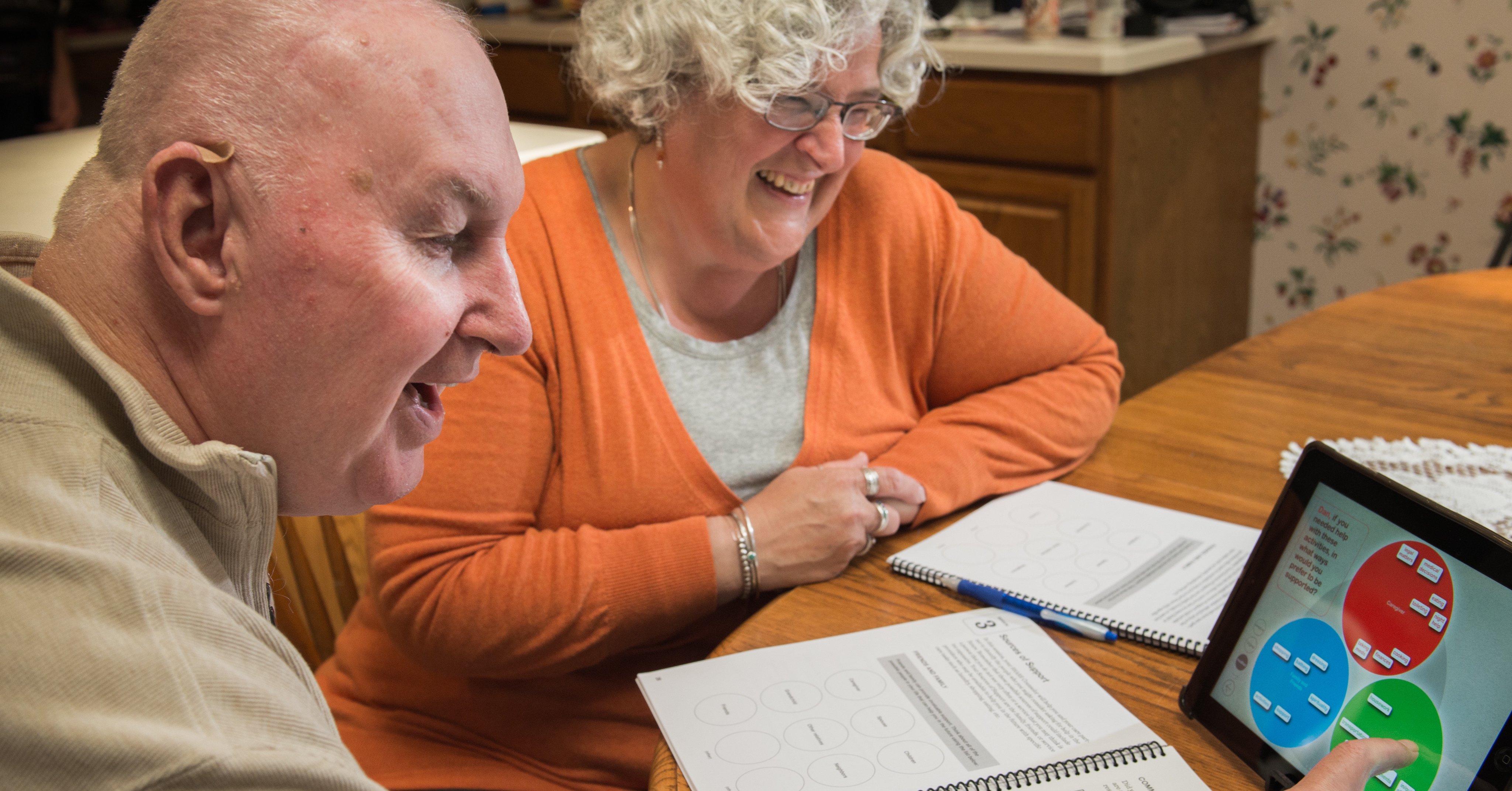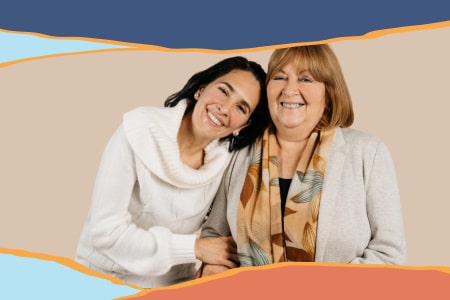Home & Community Based Services
Resources

Home Health CAHPS FAQs: Understanding the CAHPS Rating
In 2016, CMS added the Star Rating System to the information presented on the Home Health Compare website. This visual element is designed to make it easier for consumers to compare providers, but the methodology behind the Star Ratings can be a little difficult to understand. To help clarify, we’ve developed a list of Frequently Asked Questions to provide answers to some of our most common inquiries.
Read More
Behavioral Interventions: When Caring for Someone with Dementia
This webinar incorporates the most current research about dementia care, effective practical strategies, and useful resources in identifying causes of common behavioral symptoms and effective interventions. This program, initiated as part of a grant awarded to the greater Toledo area by the U.S. Department of Human Services, Administration for Community Living (ACL), Alzheimer’s and Dementia Program Initiative incorporates curriculum from the state of Minnesota, Act on Alzheimer’s, and we are now excited to present this as a part of the new ACL project to expand dementia capable communities in Cuyahoga, Washington, and Athens counties.
Watch
Caring for Individuals with Intellectual and Developmental Disabilities and Dementia
This webinar will overview common signs and symptoms of Alzheimer’s Disease and related dementias in individuals with intellectual and developmental disabilities, available cognitive assessments, medical and community-based resources, and provide information about a free evidence-based care-coaching program, BRI Care Consultation™, for family and friend caregivers or supporters.
Watch
5 Tips to Prepare for a Conversation with Your Doctor About Dementia
Suspecting that you are suffering from memory loss can feel terrifying. When there’s a chance the answer to your symptoms may be “dementia,” it may seem tempting to avoid even asking the question. However, a missed or delayed opportunity to diagnosis dementia can have long-term consequences. Though confronting the possibility of dementia can be hard, an early diagnosis can make preparing for the future easier both on you and your loved one.
Read More
Five Social and Emotional Benefits of an Early Dementia Diagnosis
Early detection and diagnosis of Alzheimer’s and dementia is a sticky subject. According to a recent study, nearly 90 percent of Americans said that if they were exhibiting confusion and memory loss, they would want to know if they had Alzheimer’s disease. Yet, over half of the people aged 45 and older with subjective cognitive decline indicated they had not talked with a healthcare provider about their questions and concerns.
Read More

